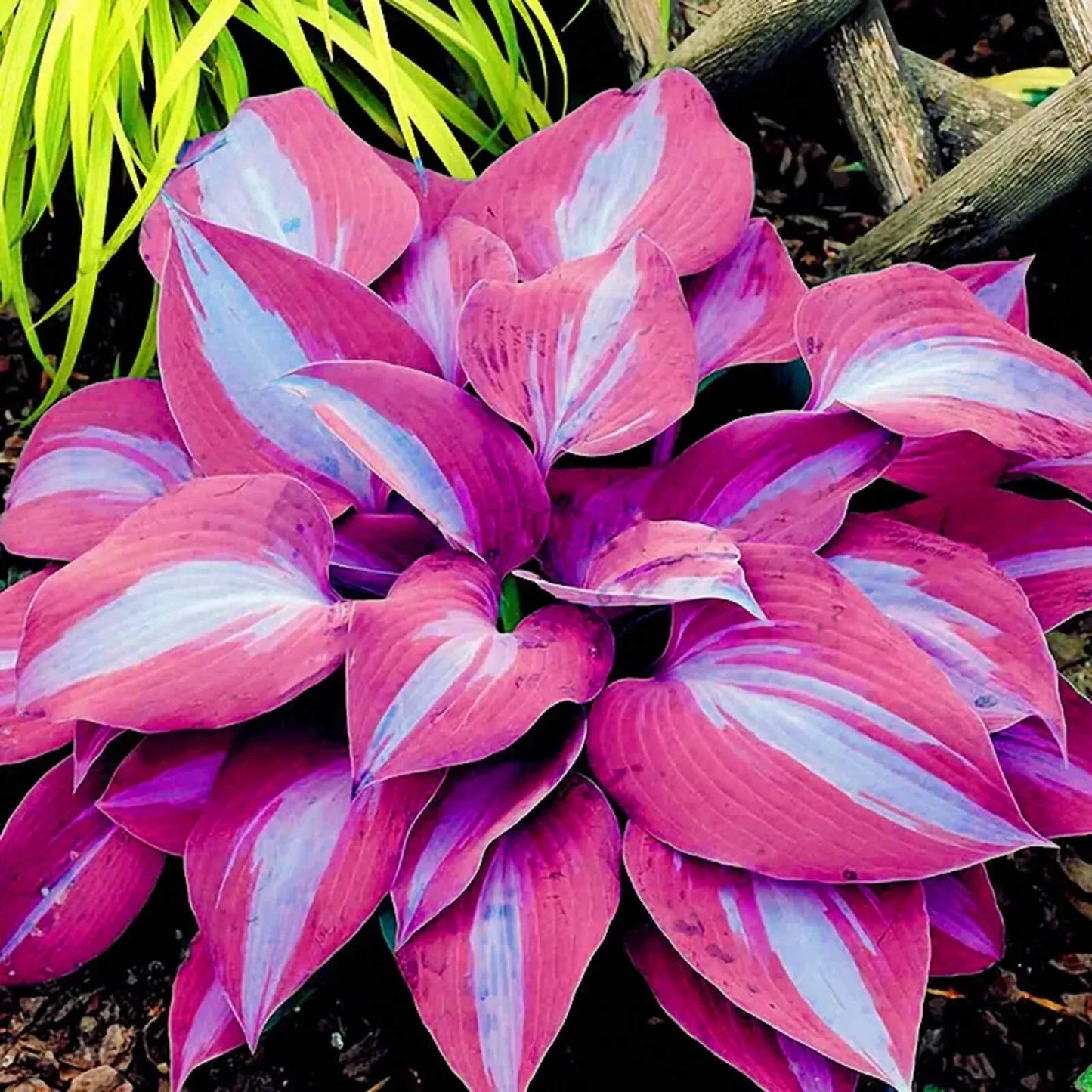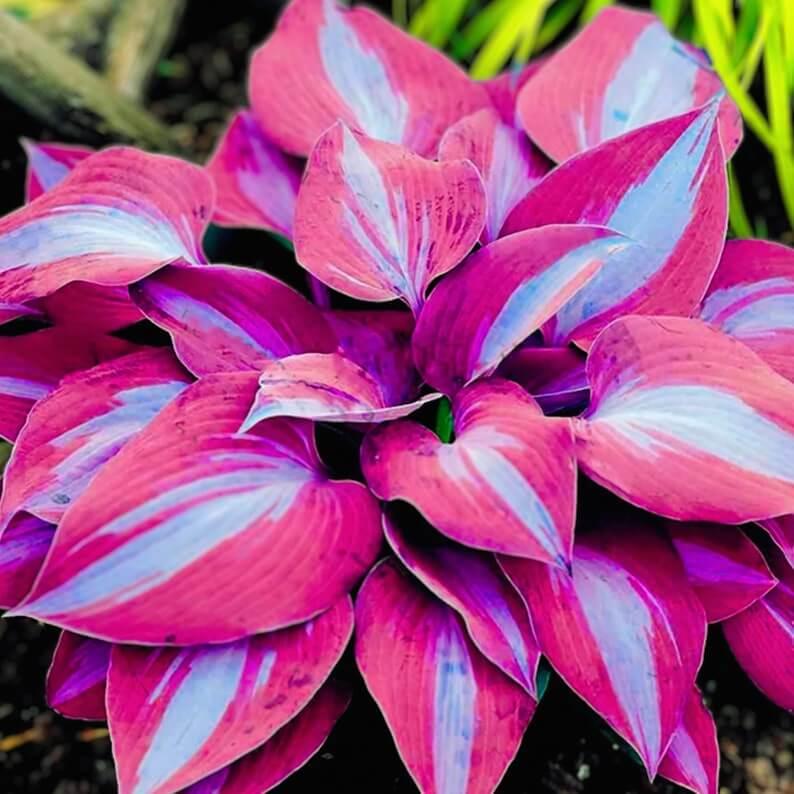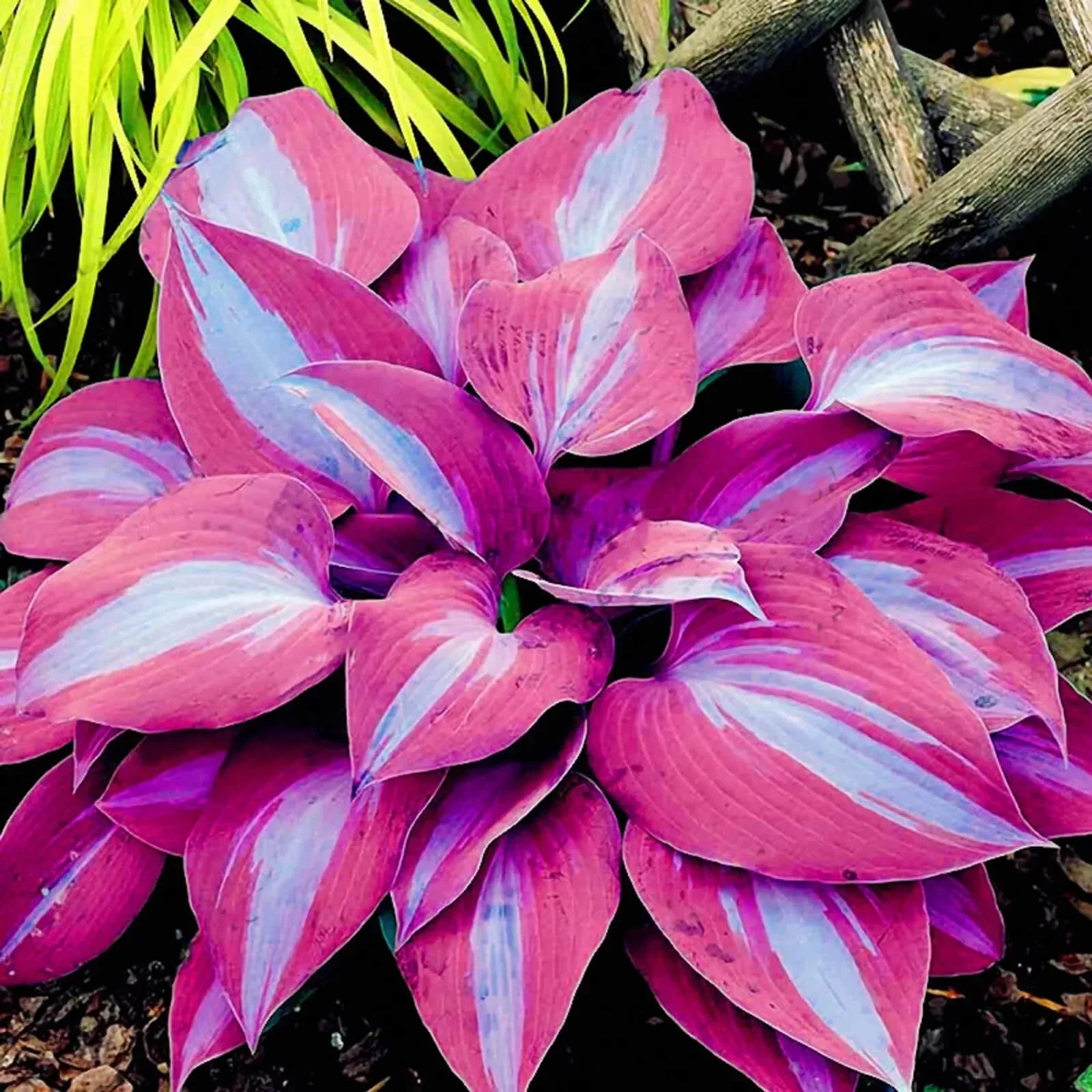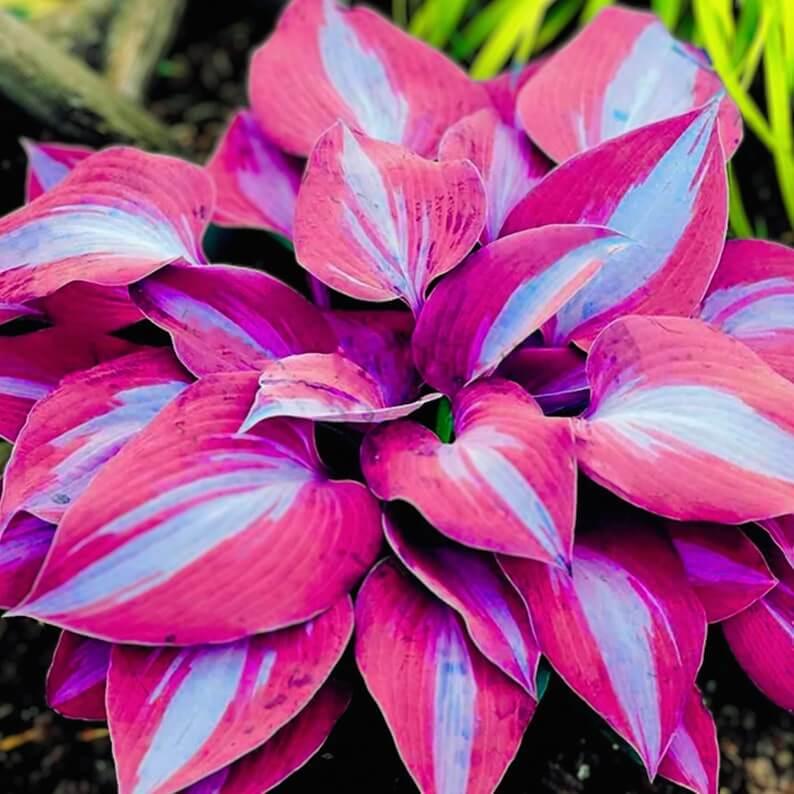Seed World
100 Purple Blue Hosta Plantaginea Seeds
100 Purple Blue Hosta Plantaginea Seeds
Couldn't load pickup availability
Add a touch of elegance to your garden with Purple Blue Hosta Plantaginea Seeds!
Known for their lush foliage and striking blooms, these perennials are perfect for shady areas, providing beautiful ground cover and visual interest.
The Purple Blue Hosta (Hosta plantaginea) features large, heart-shaped leaves with a rich purple-blue hue and fragrant, trumpet-shaped flowers that bloom in late summer.
Specifications for Purple Blue Hosta Plantaginea Seeds:
- Season: Sow indoors 8–10 weeks before the last frost; transplant or direct sow after the last frost
- USDA Zones: 3–9
- Height: 18–24 inches
- Bloom Season: Late summer
- Bloom Color: White, fragrant flowers
- Environment: Partial to full shade
- Soil Type: Well-draining, fertile soil; slightly acidic to neutral pH
- Latin Name: Hosta plantaginea
- Temperature: Prefers 60-70°F (15-21°C) for germination
- Average Germ Time: 2-4 weeks
- Light Required: Partial to full shade
- Depth: Sow seeds lightly covered with soil
- Sowing Rate: Thinly scatter seeds; no specific rate needed
- Moisture: Keep soil consistently moist
- Plant Spacing: Space plants 12–18 inches apart for optimal growth
Cultivation Instructions:
-
Planting: Sow seeds indoors 8-10 weeks before the last frost or directly in the garden after the danger of frost has passed. Use a well-draining seed-starting mix and cover seeds lightly with soil.
-
Germination: Keep the soil moist and provide a warm environment (60-70°F) for germination, which typically takes 2-4 weeks.
-
Transplanting: Once seedlings are established and all danger of frost has passed, transplant them to their final location in the garden, spacing plants 12-18 inches apart.
-
Light: Purple Blue Hosta thrives in partial to full shade. Ensure it receives indirect sunlight for optimal growth and vibrant foliage.
-
Soil Type: Plant in well-draining, fertile soil. Hosta prefers slightly acidic to neutral pH.
-
Watering: Water regularly to keep the soil consistently moist, especially during dry periods. Avoid waterlogging, as this can lead to root rot.
-
Fertilization: Fertilize in early spring with a balanced, slow-release fertilizer to encourage healthy growth and abundant blooms.
-
Pruning: Remove spent flower stalks to maintain plant appearance and encourage further blooming. Cut back foliage in late fall as the plant goes dormant.
-
Pest Control: Monitor for slugs and snails, which can damage the foliage. Use appropriate organic or chemical controls as needed.
Share




